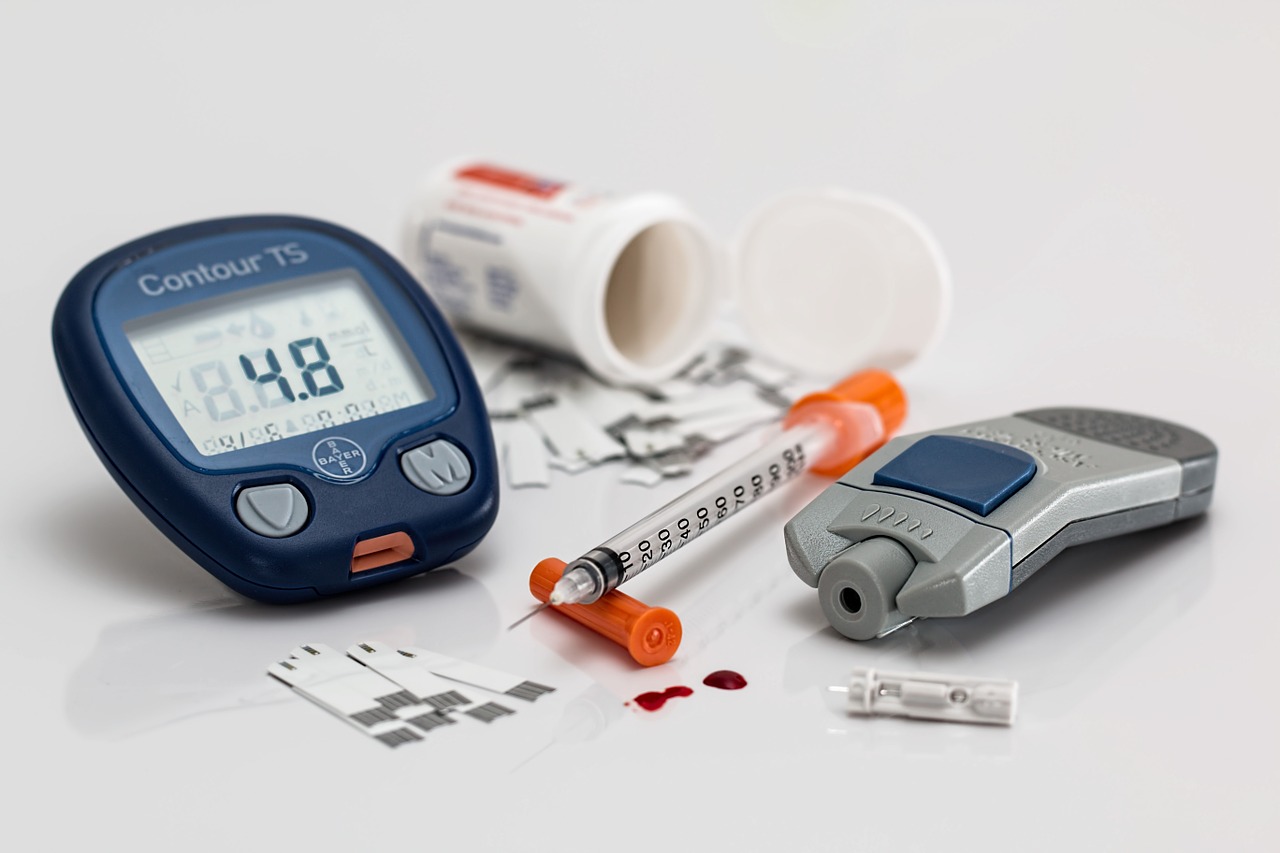
LifeCare Alliance has a team of registered nurses and registered dietitians on staff, providing wellness services to the central Ohio community.
During the summer, seniors are among the most vulnerable populations when it comes to heat stroke and heat exhaustion. Our Columbus Foundation fellow, Radhika Pandit, explains the two conditions and how LifeCare Alliance can be of service.
Heat Exhaustion vs. Heat Stroke
 There are two main types of heat-related illnesses:
There are two main types of heat-related illnesses:
- Heat exhaustion occurs when the body overheats and becomes dehydrated. Symptoms include profuse sweating, dizziness, and nausea.
- Heat stroke results from untreated heat exhaustion that has reached a critical stage. Symptoms become more severe and one may stop sweating completely due to extreme dehydration.
If you suspect someone is experiencing heat exhaustion or heat stroke, call 911 immediately.
Who is at a Higher Risk for Heat-Related Illnesses?
Older adults are at higher risk because they commonly take medications or have medical conditions that affect their body’s ability to regulate heat.
“Seniors need to be more mindful of their environment and take more preventative measures,” said LifeCare Alliance nurse Peggy Parisot, MSN, RN.
How Can I Prevent Heat-Related Illnesses?
In order to prevent heat-related illnesses, follow these tips from Nurse Peggy!
- Avoid exposure to outdoor heat during the hottest periods of the day, generally 10 a.m. – 4 p.m.
- Stay well-hydrated on hot days.
- Wear light, layered clothing.
- Avoid consuming alcohol because it causes rapid dehydration.
- Wear a hat and sunscreen in the sun.
- Look out for others and notice if they’re expressing symptoms of heat exhaustion.
Beat the Heat Fan Campaign
Living in a house without air conditioning can leave you vulnerable to heat exhaustion or heat stroke during the hot summer months.
If you are in need of a fan to cool down your house, join us during a fan distribution day. Fans are distributed at LifeCare Alliance’s Harmon Avenue facility (670 Harmon Ave). Call the Fan Hotline at 614-437-2870 for information on the next distribution event!














